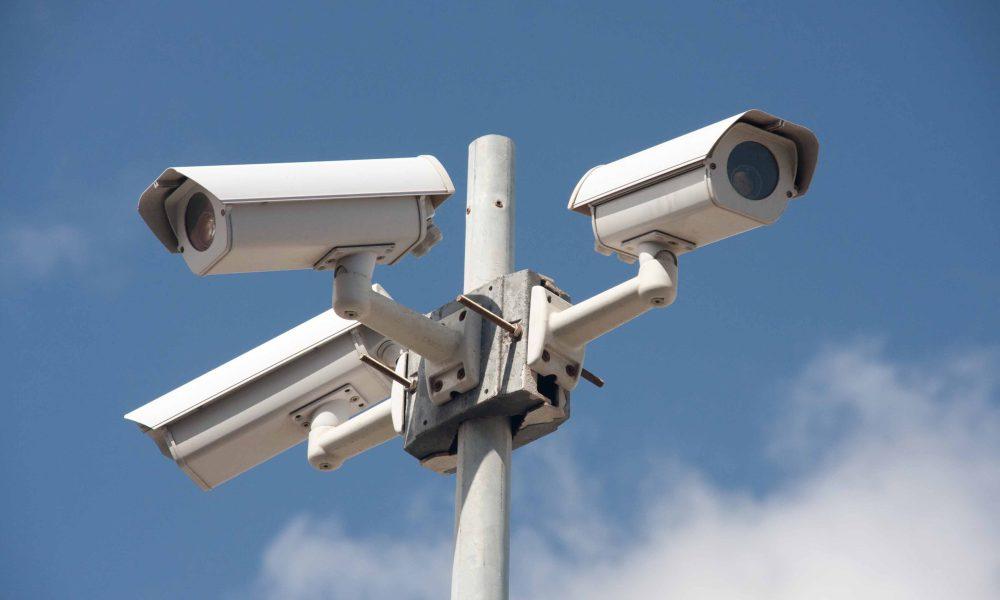Africa-Press – Lesotho. EARLIER this year, the Lesotho police found itself in a massive storm it was ill-prepared to contain. Criminals were wreaking havoc in Maseru’s suburbs and the police seemed powerless to take them head-on.
Criminals were running rings around the police and the people lived in fear. As cases of armed robberies, murders, burglaries and rape surged, public confidence in the police plunged.
The anger against the police was palpable on radio call-in programmes and on social media. The police were being savaged for failing to catch violent criminals seemingly operating with impunity in Maseru. Yet missing from the shrieking noises and insults was a nuanced analysis of what needed to be done to tackle crime.
Few of those who criticised the police for being ineffective considered the hostile circumstances under which the police were doing their job. It didn’t matter that this was a police service starved of resources to fight basic crimes.
For instance, Maseru’s 15 police stations serving more than 400 000 people, had only one patrol vehicle. Only a handful of the two-way radios that are the mainstay of the police’s communication system were working.
Surveillance and police visibility operations were curtailed because of the lack of vehicles and other resources. Stung by public outrage, the government called in the army to help patrol hotspots in suburbs and villages.
The army put a few boots on the ground but there is no verifiable evidence that the operation led to a substantial reduction in crime or deterred criminals.
It didn’t help that the army is not trained for policing duties. In addition to joint patrols with the police, the army would occasionally fly a helicopter with a flashlight all over Maseru.
The helicopter gave the impression of a government doing something to fight crime but it is doubtful that it changed much because robberies and murders continued.
The helicopter appeared to be more of a public relations stunt than a coherent strategy to fight crime. Lesotho’s dubious distinction as the country with one of the highest murder rates in the world persisted.
Statistics show that nearly 1 000 people were murdered last year. That’s a staggering three people murdered every day. Other crimes have not abated. If anything, the people still live in fear and remain unconvinced that the police can protect them.
Yet it doesn’t mean that Lesotho is bereft of strategies to fight crime. One of those is using technology to augment policing. With fast broadband, fibre networks and a cloud data centre, the command centre, police, devices and cars can be connected for central dispatching and operations.
The command centre, centralised and driven by a fast broadband network, can help the police to instantly react to criminal incidents and emergencies. Using the network, high-resolution cameras in strategic places will give the police real-time footage that assists with surveillance, crime prevention and investigations.
There is ample evidence that centralised police command centres and camera monitoring systems significantly improve police efficiency and reduce crime. One of those countries is Kenya which implemented the system in Nairobi and Mombasa, the two largest cities.
Joseph Boinnet, the Inspector-General of the National Police Service, told a Kenyan website run by the Kenyan Alliance Residents Association (KARA) that the systems have been a “game changer” in the fight against crime.
“For Nairobi and Mombasa, live streams of whatever is happening are monitored at the centre and the necessary directives given. The system has vehicle number plate identification features and currently it’s being fitted with facial recognition capabilities,” Boinnet said.
In 2020, The Independent, a Ugandan newspaper, reported that the camera monitoring system had reduced “cases of street mugging, street snatching, street motor vehicle thefts, robbery and pick pocketing” in Kampala.
The police told the newspaper that the 3 101 cameras installed in Kampala had helped the police dismantle 28 criminal gangs and crime syndicates between 2018 and 2020.
It also cited a report that said the system had reduced crime by 28 percent in the five years to 2020. Rwanda, Botswana and Zambia, which have also installed the system, also reported a decline in crimes. So has Mauritius.
Sofonea Shale, the director of Development for Peace Education, believes the technology is precisely what Lesotho needs. “I see the technology can help the police solve cases because that has been the main challenge in Lesotho,” Shale said.
Colonel Tanki Mothae, the principal secretary responsible for police and public safety in the Ministry of Local Government, Chieftainship, Home Affairs and Police said: “It’s critical as part of our battle against crime. Using technology will help us prevent crime.”
“The second thing is that it will help us speed up the delivery of justice because the evidence is captured on camera and we can also be able to quickly respond to crime incidents and gather evidence.”
“We are already struggling with patrols and investigations because the police don’t have the necessary resources.”
Colonel Mothae said using the technology to enhance safety will give investors confidence that Lesotho is safe for business. “It is also critical for the people to have confidence that they are safe on the streets and in their homes.”
“I am sure the augment policing project will be one of the main issues the new government’s implementing committee will soon be looking at.”
For More News And Analysis About Lesotho Follow Africa-Press






